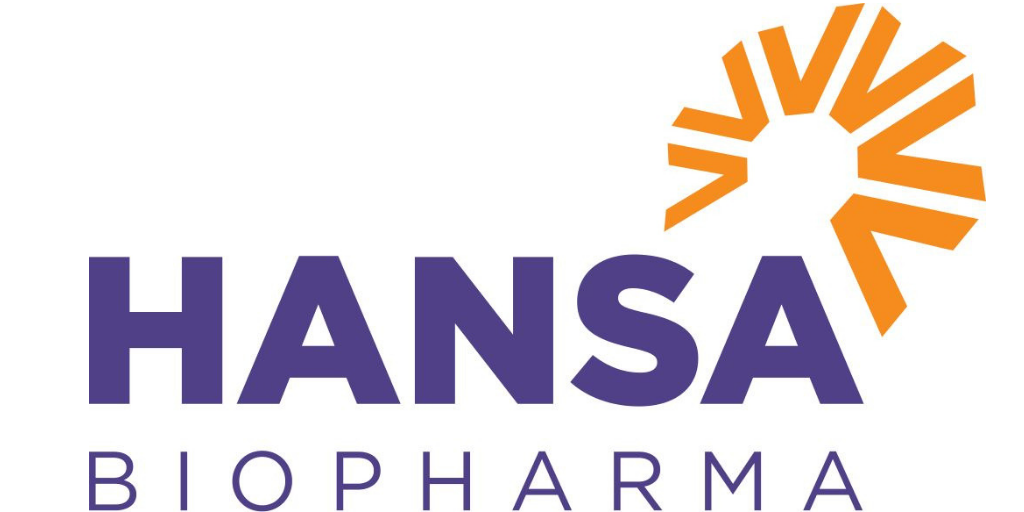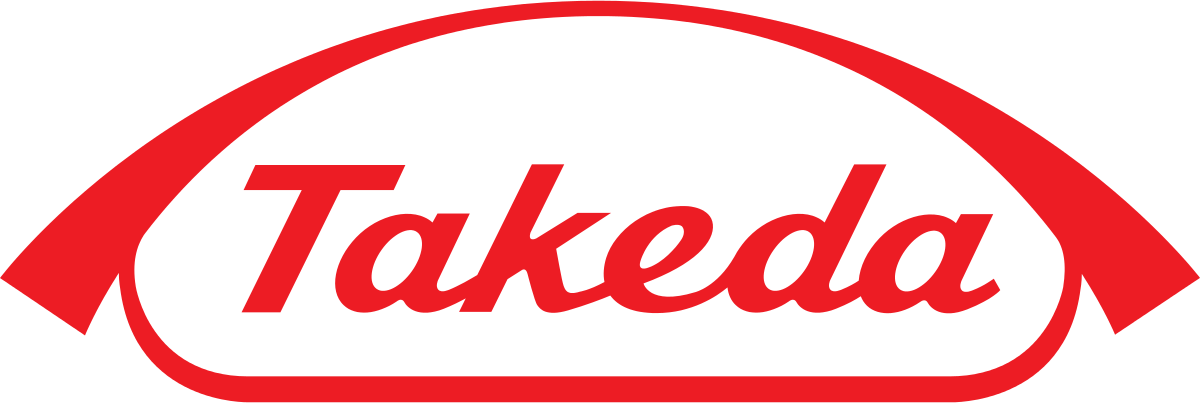Partner's Blog - July 2020

Since our last correspondence, ATC was hosted virtually, Fellows will also be held online September 24th and 25th, and countless other changes have been made that affect our daily lives. One thing I am grateful for during this time is that we live in an era where technology has made it possible to stay connected, despite not being able to physically see one another. I am proud that the AST has embraced how to adapt and thrive in this current environment.
The AST continues to update COVID-19 resources for both transplant professionals and the transplant community, which can be seen here. This page includes AST’s Town Halls, FAQ documents, as well as additional resources from other organizations and agencies.
I’d like to thank our Corporate Partners for providing the following information so that we can remain connected, engaged, and educated during this time. I continue to appreciate all your help and support as we work toward transitioning to a “new normal.”
Stay safe and healthy,
Anil Chandraker, MD, FASN, FRCP
AST Development Chair
View all Partner's Blog updates
The Corporate Affiliates Program provides an exciting opportunity for companies to support the work of the American Society of Transplantation (AST) and receive tangible benefits throughout the year. The following companies are members of the 2020 Corporate Affiliate Program (CAP):
What's News With Our Partners:
- The American Society of Nephrology Kidney360 Journal published “Donor Derived Cell Free DNA: is it all the same?” Joseph Melancon, MD, published his head-to-head study with the following conclusion: “The concept of more being better is one we are all programmed to believe, yet this report supports the focused approach of AlloSure, confirms it is not outperformed … and in fact is more accurate in clinical interpretation and significantly faster to gain patient results.” For the full publication, please click here.
- The American Journal of Transplantation published the RADAR study, “High levels of dd-cfDNA identify patients with TCMR 1A and borderline allograft rejection at elevated risk of graft injury” (Stites, et al.). Authors concluded that dd-cfDNA may complement the Banff classification and risk stratify patients with borderline/TCMR 1A identified on biopsy. For the full publication, please click here.
- Interested in joining RADAR III – an interventional study for ambiguous rejections? Contact: clinicaltrials@caredx.com.
- More than 150 centers use RemoTraC – CareDx’s home-based blood draw service for transplant patients. For more information contact remotrac@caredx.com.
- Announced on June 8th, 2020, CSL Behring has agreed to acquire Vitaeris Inc., a clinical-stage biotechnology company focused on the phase III development of clazakizumab, an anti-interleukin-6 (IL-6) monoclonal antibody (MAB), for the potential treatment of chronic active antibody-mediated rejection (AMR), the leading cause of long-term rejection in kidney transplant recipients. Read the full press release here.
- Please visit www.hrs1sooner.com and register to get a free diagnosis and treatment algorithm for hepatorenal syndrome type 1.
- Natera hosted an online town hall titled “Navigating the COVID Crisis & the Reopening as a Transplant Patient,” featuring a conversation between comedian, philanthropist and kidney recipient, George Lopez, with past-president of AST, Dr. Emily Blumberg. We thank the American Society of Transplantation, American Kidney Fund, National Kidney Foundation, and the Transplant Life Foundation for their partnership in providing this timely resource for transplant patients. READ MORE
- Natera is the first commercial laboratory to launch a background cell-free DNA (cfDNA) quantification technique, which can flag potential false-negative results when assessing for active rejection. “We’re pleased to leverage our scientific expertise in cfDNA to improve transplant rejection testing,” said Steve Chapman, Natera’s CEO. “This innovation further separates Prospera™ from first generation donor derived-cfDNA tests.” READ MORE
- Natera launched a multi-site prospective study to (1) further assess the performance of Prospera™ to detect rejection, (2) assess the prognostic ability of cfDNA at the time of biopsy, and (3) assess the performance of Prospera™ to detect clearance of rejection after treatment. The PEDAL Study (Prospera Test Enhancement by Detecting Background cfDNA Levels) will include 500 kidney transplant patients from 20 major US centers. READ MORE
- In response to the COVID-19 crisis, Natera has launched the ProReach Program™, enabling physicians to stay connected with transplant patients while they remain safely at home. We can draw both Prospera and routine labs remotely through our nationwide mobile phlebotomy network and partnership with a premier national laboratory. READ MORE
- Natera announced achievement of key recruitment milestones with 18 top transplant centers activated and more than 145 patients enrolled in the ProActive Study, and success in the Prospera™ Early Access Program. READ MORE
- We’re excited to welcome Dr. Gaurav Gupta, Associate Professor and Transplant Nephrologist at Virginia Commonwealth University, for an educational webinar Using Molecular Diagnostics to Guide Therapy in Kidney Transplants: Are We There Yet?” on Wednesday, August 26 at 10:00 AM PDT. Dr. Gupta will discuss his experience using the Molecular Microscope® Diagnostic System (MMDx), a commercially available technology that delivers objective and reproducible transplant biopsy assessments. To join us, register for this event HERE.
 Sanofi’s transplant division, led by 25-year Sanofi veteran, Kevin Campbell, has shifted to be part of the General Medicines business unit, which aims to help reduce the progression of chronic disease and empower patients to live their best lives.
Sanofi’s transplant division, led by 25-year Sanofi veteran, Kevin Campbell, has shifted to be part of the General Medicines business unit, which aims to help reduce the progression of chronic disease and empower patients to live their best lives.
As part of our commitment to putting patients at the center, Sanofi has been working as an organization to better address the needs of the transplant patient community, especially as we navigate the impact of COVID-19 on our healthcare system and society. This includes more collaboration across Sanofi to better address needs of the transplant patient community, such as working with our vaccines team to highlight the importance of immunizations, especially during peak times such as influenza in the fall.
- We are engaging in several important initiatives to help support our patient community during this time, including:
- Transitioning our peer-to-peer patient program “Kidney Transplant Connectors” to a virtual platform. Please email info@kidneytransplantconnectors.com for more information.
- We are continuing to participate in timely educational programs, such as the development of a peer to peer program “Evolving Landscape in Kidney Transplant: Impact of the COVID-19 Pandemic.” Please reach out to your local Transplant Network Manager to schedule.
- We remain a committed partner in the Transplant Therapeutics Consortium (TTC) to help accelerate advancements in the transplant medical community.
- The shortage of immediate-release tacrolimus capsules (FDA Website) continues. As before, and including in today's exigent circumstances, we are pleased to share that production of ENVARSUS XR® is unaffected. We do not anticipate any issues meeting increased demand during the market shortage, but we will be monitoring the situation closely. Interruption of tacrolimus therapy could put kidney transplant patients at critical risk of rejection and graft failure. Please keep this shortage in mind when initiating or changing tacrolimus therapy for your patients.
Check out all of our CAP partners:













